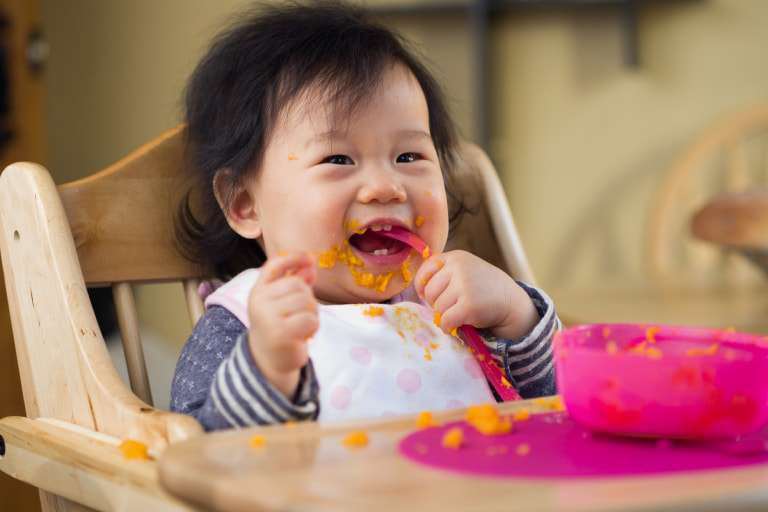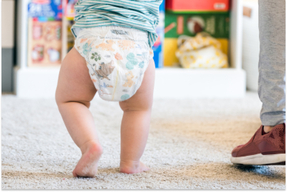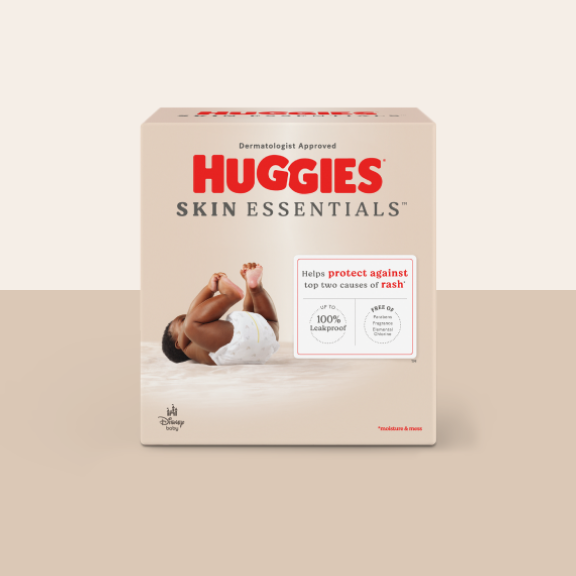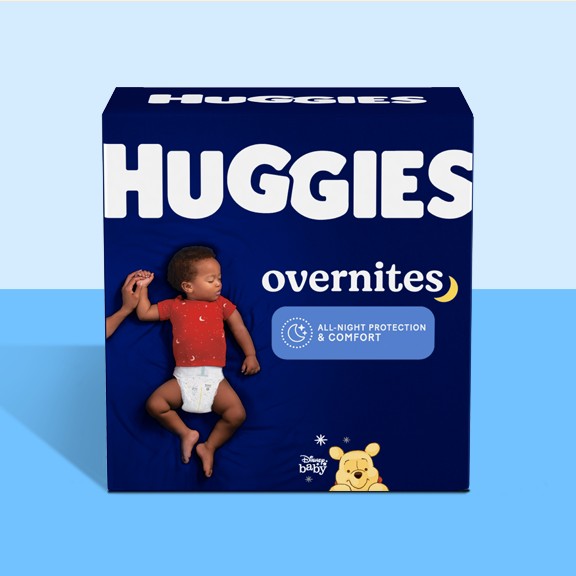A guide to making sure your child uses utensils as eating tools, not toys.
When should you introduce utensils? Babies don’t actually start using spoons correctly until they’re in that mimic-everything stage at nine months or so. In the meantime, you can give your child a spoon to hold for practice as you feed her.
Spoon or fork first? A baby spoon is your best bet. Truth is, when your little one starts whipping her arms around in excitement over her smooshed pears, even a baby spork can be dangerous.
Plastic? Soft rubber? Wood? "All are good in their own ways," says Wendy Sue Swanson, M.D., a pediatrician at Seattle Children’s Hospital and spokesperson for the American Academy of Pediatrics. "The important thing is that the spoon is in good shape: no pieces missing from the rubber or any splintering in the wood. Give your baby different kinds to experiment with and she’ll find her own preference."
What about metal? That engraved silver spoon from Grandma may be beautiful, but it could be too hard on your baby’s tender gums. "Metal spoons also get colder or hotter, depending on the temperature of the baby food," Dr. Swanson says, "so they can get too warm or too cold for your baby’s liking." Save it for display.
And, come to think of it, what about plates? They’re not necessary when kids are learning to self-feed. "When my son was about 7 months old, I’d seat him in the high chair and put a glop of food directly on the tray, along with a plastic spoon for him to smear the food around," says Tracy Wilkes, a mom of two in Houston, Texas. "It took his attention away from the bowl of baby food I was spooning from, which he would usually try to grab in frustration. This way, he got to investigate food in his own way."
What if your tot takes the spoon from you? Let him have it. "I always have a spoon for me and a spoon for my 9-month-old," says Mandy Tipton, a mom of one in Seattle, Washington. "If he has a spoon in his hand, he’s not always reaching for the one in mine. If he does, then it’s a simple swap—I take the one he had!" She also always keeps a third spoon on hand in case one falls to the floor. "It’s inevitable," she says.
What if the mess is driving you nuts? "Accept the fact that feeding time is never going to be a pristine operation," Dr. Swanson says. "It’s going to be messy. And it should be—the more you let your baby participate in meals, the more she’s going to learn."
How to Get Your Child to Use Forks and Spoons

Get personalized offers, tips and tools from Huggies® delivered straight to your inbox, every Baby Step of the way.









